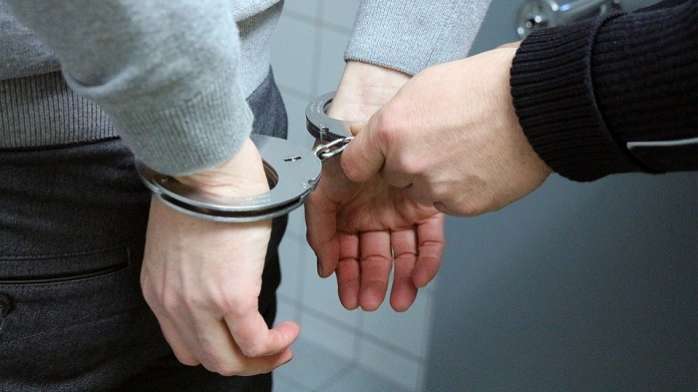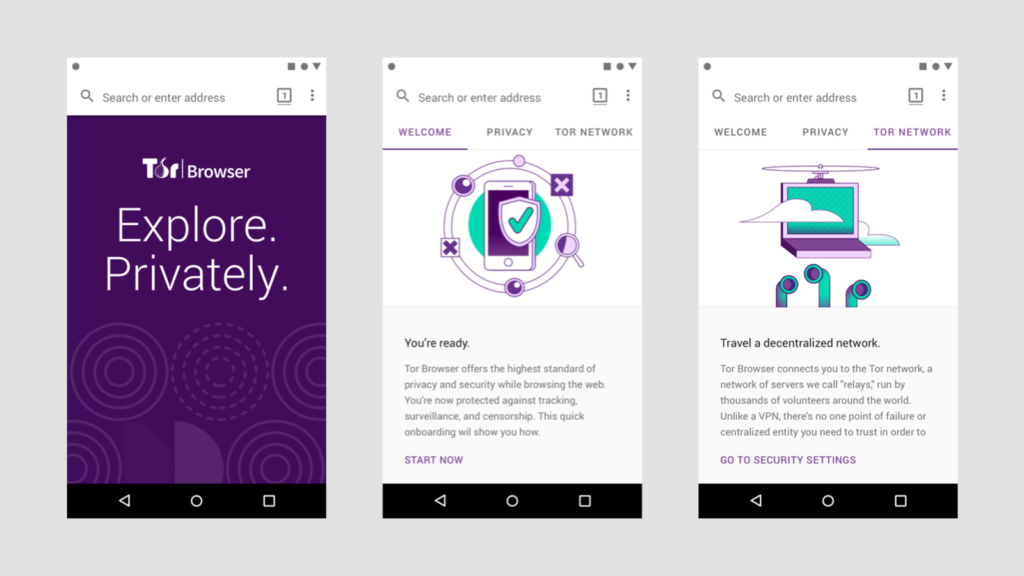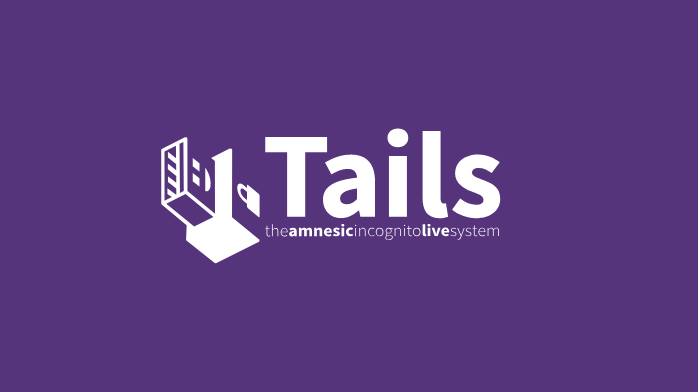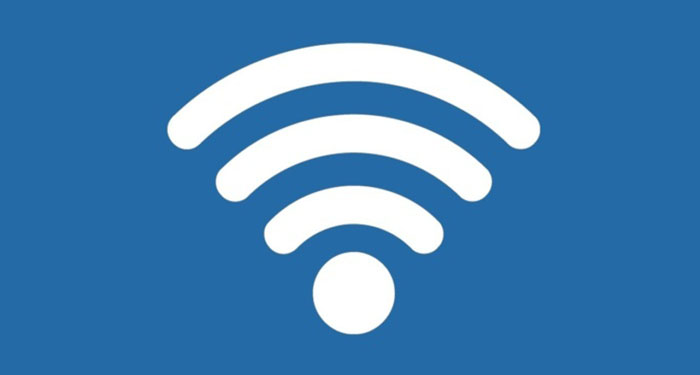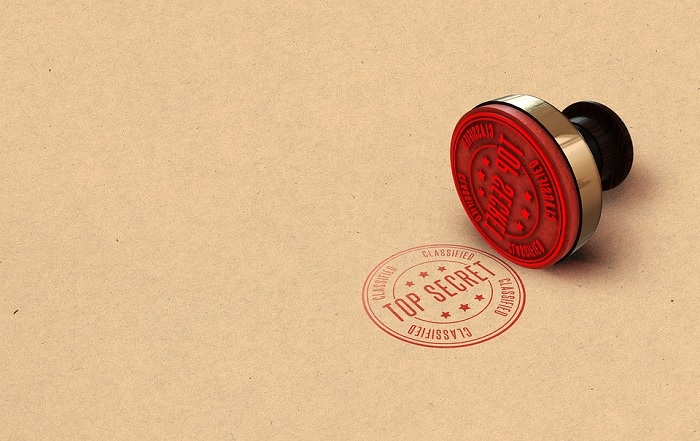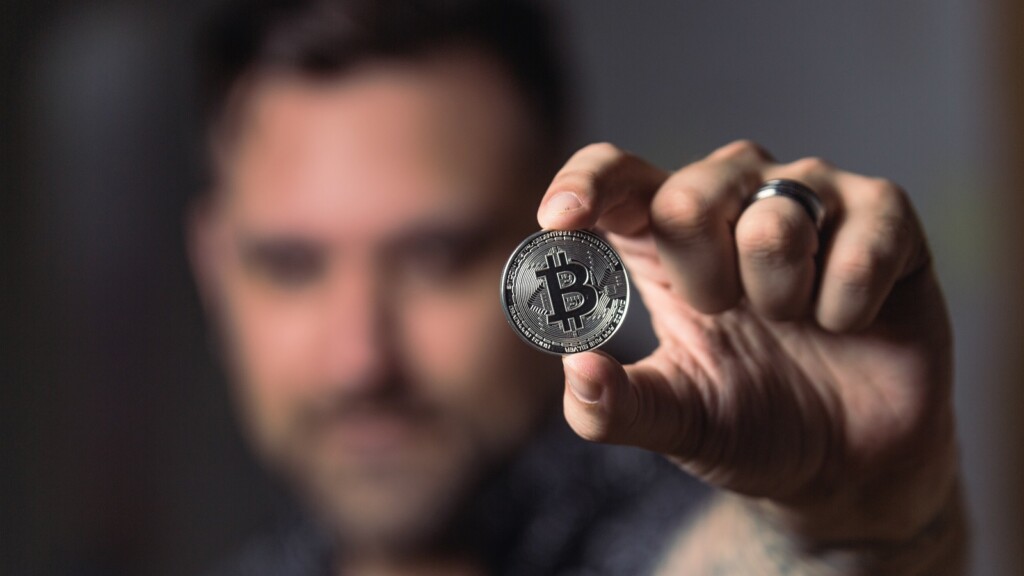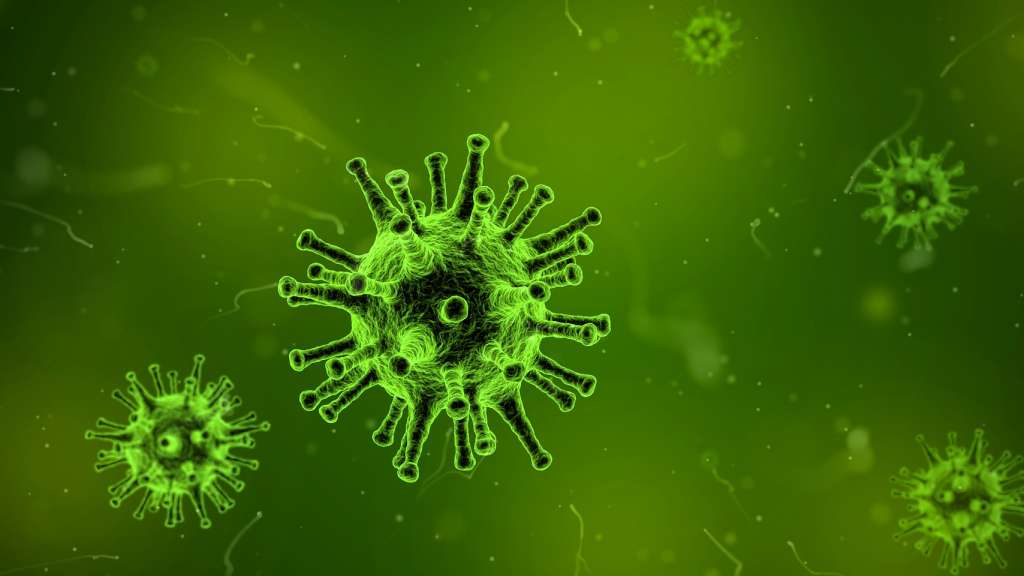When you purchase through links on our site, we may earn an affiliate commission. Here’s how it works.
How To Practice Effective Dark Web Safety?
The Dark Web is a wonderful place in the same way that Oz or Alice’s Wonderland is wonderful. It will show you things that will fuel your imagination. But, at the same time, it’s a wild and dangerous place that can do some serious harm to you if you aren't careful.
While there are many worthwhile things to do and see on the Dark Web. However, there are some real dangers. To ensure that you avoid becoming a victim of an admittedly lawless section of the online world, there are several measures you can take. Before we look at them in detail however, let's explore some of the general dangers you may run into on the Dark Web.
Dangers of the Dark Web
What exactly is there to be afraid of on the Dark Web? A careful user will probably be just fine browsing the Dark Web. Still, it's important to know what sorts of threats you face. Otherwise, how can you be vigilant against them?
One of the main threats you face on the Dark Web is getting scammed. Since everyone has strong identity protection, it means you can never be sure that the person you are communicating with is real. You can never know is a site can be trusted. Basically, the most scarce commodity on the Dark Web is trust and you should give it only sparingly.
The second main threat is simply shocking or illegal content. Since there is no control or censorship on the Dark Web, people can post anything they like. That includes illegal content such as child pornography or things that are simply disturbing. That means you could get in trouble for seeing or (inadvertently) downloading illegal content to your computer.
The third class of threats on the Dark Web relates to malware, viruses and other common cybersecurity threats. Every site you visit, every file you download, all of it should be treated as high-risk. Having someone infect or take over your computer can be disastrous. If someone discovers your real name, address or other personal information it could lead to victimization or identity theft.
Beyond these three broad categories of threat, there are of course a variety of unique issues, but this should give you a good broad idea of how dangerous the Dark Web can be.
Tor is Essential
Most of the Dark Web as we know it exists on a special encrypted network. It can be accessed through a special browser known as the Tor Browser. "Tor" is short for The Onion Router and describes a multi-layer encryption solution that routes internet packets randomly through a network of volunteer computers. This makes it all but impossible to trace who someone is, although not entirely possible.
At the very least, you should use the pre-configured Tor Browser as downloaded directly from the Tor Project whenever you browse the Dark Web. Do not use onion domain translators such as Tor2Web. You have no identity protection at all when you access the Dark Web in this way. The reason you should only use the copy of the Tor Browser as provided by the Tor project is to avoid traps and tampering. Additionally, any modifications you make yourself when it comes to the browser helps create a unique browser "fingerprint", which can aid in tracking you.
Using a VPN
While the Tor network will hide your identity from whoever you are connected to and will hide the actual content of your data packets. What it will not hide is the fact that you are accessing Tor.
Now, it is important to know that there is nothing inherently wrong or illegal about simply accessing Tor. Unfortunately, Tor has been inextricably linked to the Dark Web. Even if you are using it to anonymously access clearnet sites, you may cause suspicion by simply being a Tor user.
A VPN also hides your internet activities from your service provider and anyone else who may be watching. Of course, in some countries, VPN use could also put you on the radar. But, in most parts of the free world, at least VPN use is quite common and no one can know what you are using it for.
It's generally a good idea to use a VPN even if you aren't going to be using Tor, but if you want to venture onto the Dark Web consider this a non-negotiable.
Secure Live OSes
In case you didn't know, an operating system is a software that makes your computer do useful things. It's the software that runs all the other software and knows how to talk to all the hardware. Examples include MacOS, Windows 10 and Ubuntu Linux.
Your operating system can also give a lot away about what you do with your computer. Modern operating systems keep extensive logs and might even send information away for analysis to companies like Apple or Microsoft. If someone were to inspect your computer, they might find information deep in the operating system that shows where you went on the internet and what you did there, as one example.
If you are worried about people knowing that you access the Dark Web or knowing why that can be a problem. Likewise, if a Dark Web hacker were to gain access to your computer using malware or some other method, your OS logs and files could be like a treasure chest to them.
You can avoid all of this by using special live operating systems to access the Dark Web. When you want to access the Dark Web, you'll boot the live operating system from a disc or flash drive. So the data on your hard drive and the operating system you usually use never come into play. In the case of the Dark Web, the best choice is Tails, which integrates Tor and is from the same people.
Tails forget everything you did when you are done and restart or shut down the computer. There is simply no trace for anyone to examine. It's also great because you can pop your Tails disc into just about any computer, access the Dark Web from it and leave nothing behind when you go.
Avoid Public WiFi
You are never far from a WiFi hotspot these days and in many parts of the world, mobile internet data is still very expensive. This is very convenient, but it turns out that using public WiFi at a cafe or other shared space may be a pretty bad idea from a security perspective.
Why? it comes down to the way that WiFi works. Modern WiFi has some pretty strong encryption so that no one without the passcode can understand what's being sent over the network. However, everyone who has the passcode can trivially decode that traffic. They can see where it's going and in some cases what's being sent.
Now, these days almost all web traffic is encoded with HTTPS encryption and of course, Tor has pretty strong encryption of its own. Still, other users on the same public WiFi network as you can see that you are using Tor, which might arouse suspicion. Additionally, if your Tor software is incorrectly configured, you could be open for all sorts of interception on public networks.
The best practice here is to avoid public networks, but if you must there always be a good VPN providing an additional layer of protection.
Keeping Sensitive Info Secret
There is a lot of information about you personally that can do a lot of damage if it got into the wrong hands. Some are pretty obvious, such as a Social Security number or credit card details. Other things are not so obvious. For example, if you are chatting to someone on a Dark Web forum, you may be tempted to talk about where you went to school, where you work or the people that you have met. This sort of information can be used to build a picture of who you are, even if you don't directly identify yourself.
The same goes for uploading photographs or files you have created. Apart from metadata, they could also provide clues unsavory users could use against you or profit at your expense. So it's best to think two or even three times before divulging anything about you that is unique or potentially identifiable.
Being Careful With Crypto
One of the major reasons that the Dark Web as seen such relatively large growth over the last few years is all thanks to cryptocurrency.
This revolutionary form of digital cash cuts out central financial institutions, promising a way to pay for things anonymously.
The problem is that for many forms of cryptocurrency, especially Bitcoin, turned out not to be truly anonymous at all! So if you've ever bought something illicit in your country in the past, it could come back to bite you years later as law enforcement cracks down.
Which is why you should really understand the privacy implications of cryptocurrency before you even think of using it to buy something on the Dark Web. There are measures that can be taken to improve anonymity, but there are never any guarantees. Especially if the technology is compromised in the future. This is because all cryptocurrencies use a shared, central ledger known as a "block chain". It holds a record of every transaction ever made. Although there are no names, unique addresses and wallet numbers are kept along with the amounts. Triangulated with other information may lead investigators straight to you. So don't live under the illusion that something like Bitcoin gives you some sort of blank cheque to trade with impunity.
Watch Where You Click
On the surface web, there are many organizations and systems in place to create webs of trust, where you know that a given site or company is safe to deal with. On the Dark Web, you don't even know who made the site you are currently visiting. It could be criminal, made by law enforcement or be perfectly innocent. The point is that you have almost no way of knowing which is the case.
Which is why you should think once, twice and even three times before you click on anything. File downloads, in particular, are super-risky and it goes without saying that you should have up to date malware and antivirus packages installed on your machine.
Apart from technical threats such as viruses and the like, you should also be wary of what anyone claims about themselves. If whatever a site or person on the Dark Web says about themselves is not necessarily true. Nor do you have any way of verifying it. What you should do is think about the consequences of believing something that turns out to be false and what the consequences will end up being. If the result of being fooled is too serious for whatever reward you would get out of it, then obviously you should turn back and avoid going any further.
Use Compartmentalization
The idea of compartmentalization will be familiar to many people who work in security or in intelligence. It's actually a pretty simple concept. All it means is that you keep certain activities and information separate so that they don't cross-contaminate.
A simple example of this is using multiple email addresses that are not connected to each other for different purposes. You may have one address that is only used to protect your banking password. So if someone hacks your gaming accounts they have no way of also compromising something really important.
In the context of the Dark Web, we have already given some examples above that fall in this category. The point here is to help you think in terms of compartmentalization.
Technologies such as virtual machines and of course live OSes like Tails help keep things apart. If a hacker on the Dark Web seizes control of a virtual machine or infects it, well there's no data of importance there. Just delete the VM and start again.
The same goes for things like Bitcoin addresses. You should have separate addresses for different classes of transactions. Yes, it is a bit of a pain, but you don't want (for example) purchases of adult content and completely non-embarrassing purchases linked to each other then you need to keep things as separate as possible.
Limit Your Exposure
It's really important to think about how much you actually need to use the Dark Web. Think about it this way, every minute you spend behind the wheel of a car, you are at significantly higher risk of death than if you were safe at home. Logically then, you should only drive when you absolutely have to.
The same general principle applies to the Dark Web. One of the best ways to minimize the risks that the Dark Web poses to those that browse it is using it as little as possible. It's no cure-all, but it's a bad idea to become too complacent and casual when on the Dark Web.
It's a Balancing Act
The Dark Web is without a doubt one of the weirdest places on the internet. Of course, there is no shortage of weirdness on the surface web. But this particular weirdness goes along with some real danger. That doesn't mean that you should avoid the Dark Web entirely. Remember that simply accessing the Dark Web is legal, except in a small number of countries that have made it explicitly illegal. It can be a cool place to visit if you're careful and understand the dangers. So keep all of what we've discussed here in mind if you ever decide to venture onto the Dark Web. Better to be safe than sorry.
What other dangers are there on the Dark Web? Have you been a victim of any? Let us know in the comments. Lastly, we’d like to ask you to share this article online. And don’t forget that you can follow TechNadu on Facebook and Twitter. Thanks!

